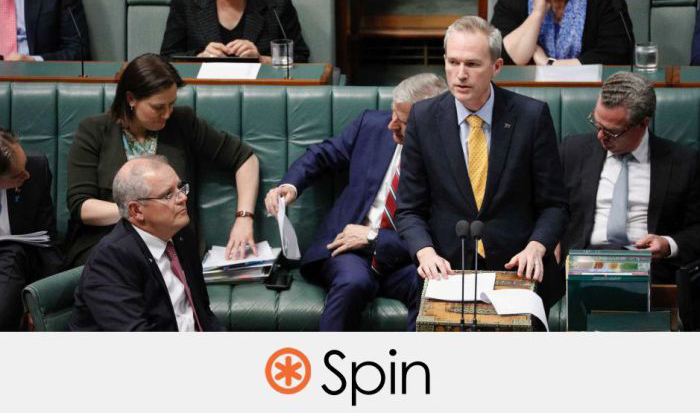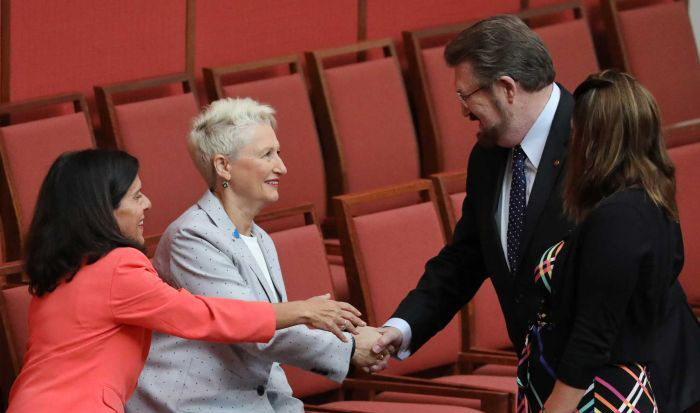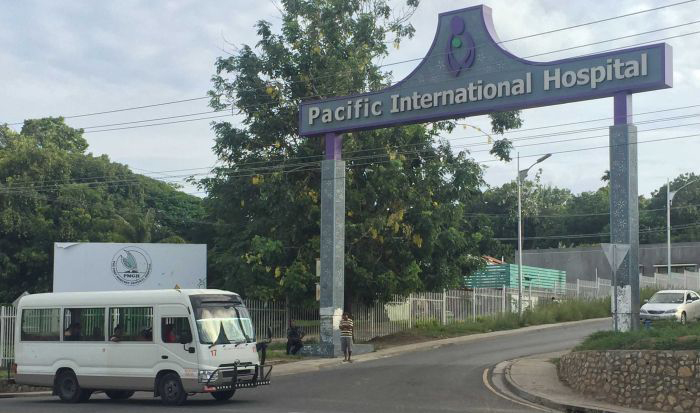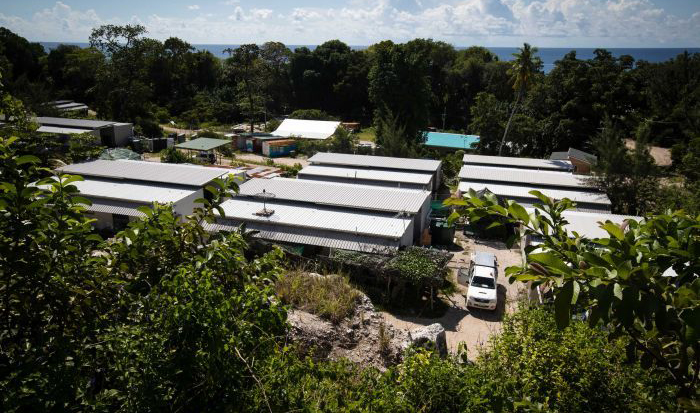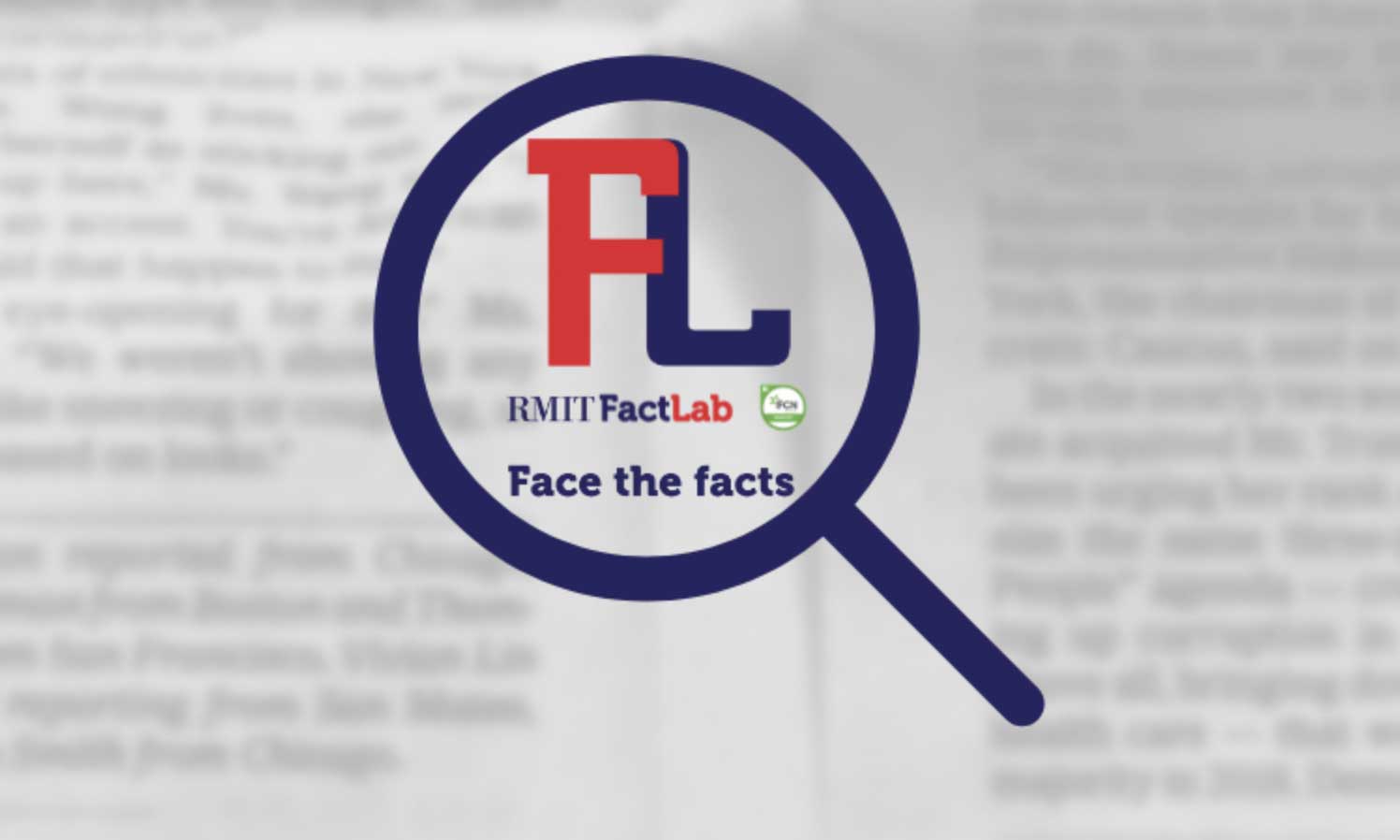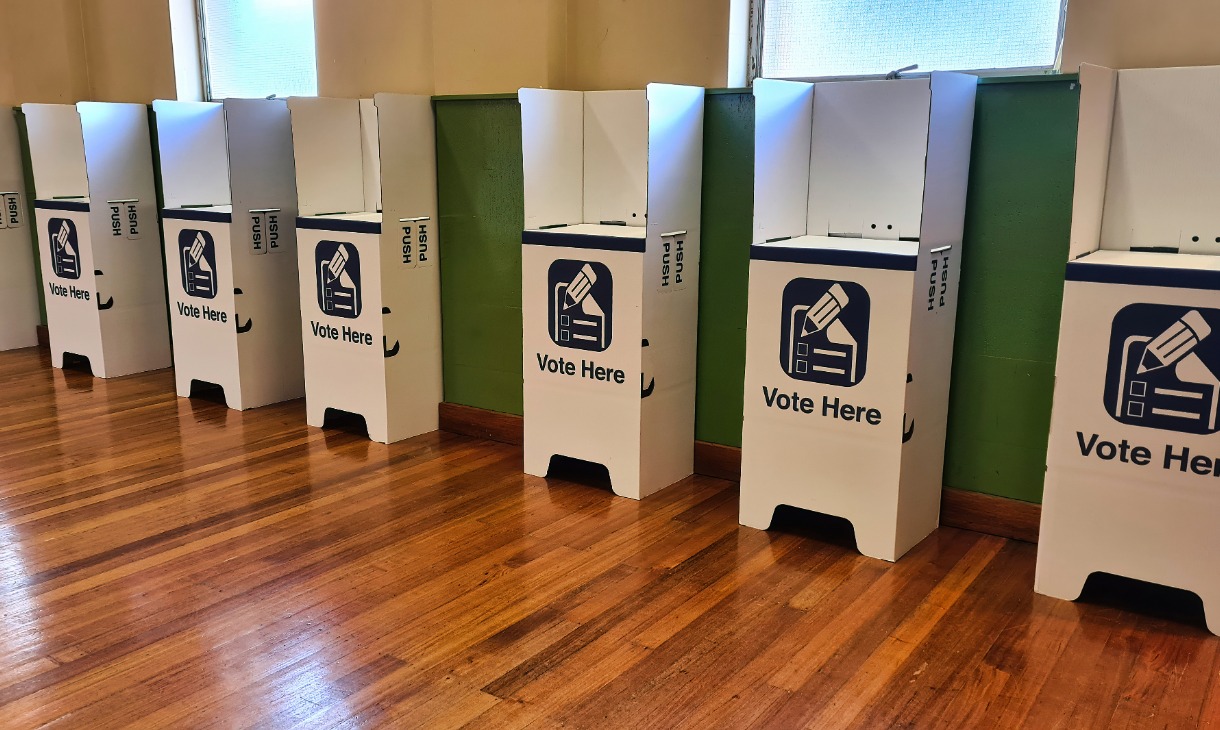The Independent Health Advice Panel
The third tier of approval, the Independent Health Advice Panel, will consist of eight members, including the Chief Medical Officer of the Department of Home Affairs, the Commonwealth Chief Medical Officer and six others including:
- At least one person nominated by the Australian Medical Association;
- At least one person nominated by the Royal Australian and New Zealand College of Psychiatrists;
- At least one person nominated by the Royal Australasian College of Physicians; and
- At least one person who has expertise in paediatric health.
No later than 72 hours after being notified by the Minister the panel must conduct a further clinical review of the person, either in person or remotely, and inform the Minister of its findings.
A recommendation to approve a transfer must be agreed by a majority of the panel's members.
The Minister reconsiders the transfer after the advisory panel has made its decision, but can now only reject the transfer on the grounds of national security or a substantial criminal record.
Would healthy people be transferred to Australia under the bill?
Fact Check asked a number of legal experts to assess whether healthy people could be transferred to Australia under the bill.
Professor Michelle Foster, the director of the Peter McMullin Centre on Statelessness at Melbourne Law School, told Fact Check: "There are rigorous checks and balances in place to ensure that any transfer is necessary for appropriate medical or psychiatric assessment and treatment."
In an email, Professor Foster listed a number of checks outlined in the legislation, including the ability of the Minister to, in the first instance, refuse a transfer on the grounds of lack of medical necessity, the range of expertise of the members of the advisory panel, and the need for the panel's decision to be agreed to by a majority of members.
"The transfer would be approved only if treatment or assessment were necessary and could not be performed at the regional processing country," Professor Foster said.
Dr Daniel Ghezelbash, a senior lecturer at Macquarie Law School, noted that while the amendment sets out that people could be transferred for medical or psychiatric assessment as well as treatment, the initial treating doctors must be of the opinion that a transfer was necessary and that assessment was not available in offshore processing countries.
"It is difficult to see how a doctor could form the opinion that an assessment is required and necessary, if a person is healthy and not showing any symptoms of physical or mental illness," Dr Ghezelbash, a refugee law expert, told Fact Check.
The legislation sets out clear criteria about medical necessity and need, Dr Ghezelbash said, noting the panel would be made up of eminent doctors nominated by prestigious and trusted professional bodies for the role, then vetted by the Minister.
"To say or imply decisions will be made based on anything other than medical need is insult to the medical profession and doctors everywhere."
Dr Daniel Stewart, a senior lecturer at the Australian National University's College of Law also pointed to the credentials and role of the Independent Health Advice Panel.
"The panel's role in recommending transfers of persons is clearly based on medical needs," he told Fact Check.
"They must conduct a clinical assessment of the person seeking transfer to assess whether it is necessary to remove the person from a regional processing country for appropriate medical or psychiatric assessment or treatment, and any recommendation would have to be based on the findings of that assessment."
He did however note there was a possibility a person could be brought to Australia for assessment and subsequently be found not to be sick.

